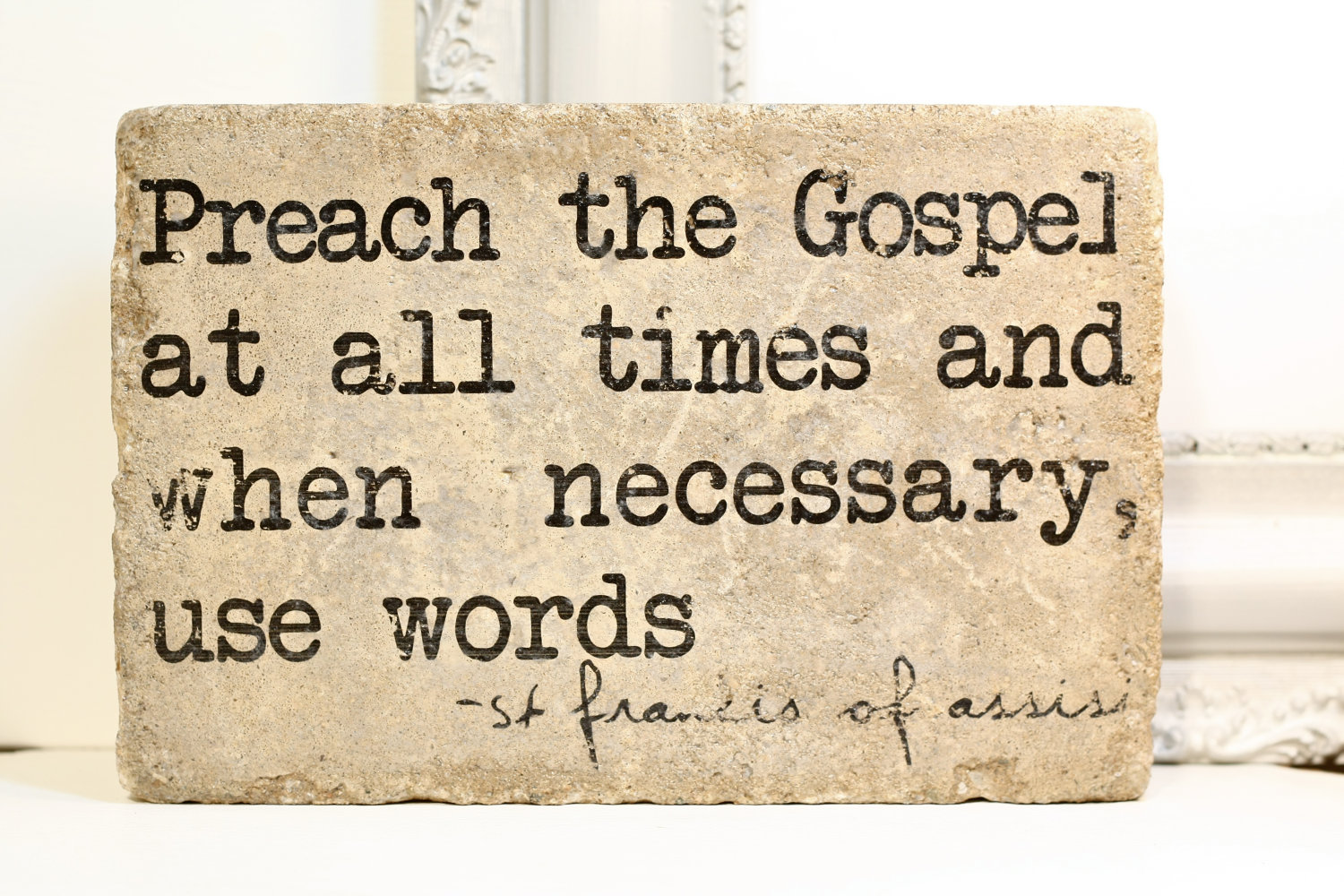So, as Christians, we've all heard the encouragement to "do everything as unto the Lord." Usually it's in some context of "always give your best." Well, I'm beginning to come to the realization that it means something a bit more. While the motivational encouragement to go above and beyond the call of duty is well and good, I've begun to see that the emphasis might not necessarily be on the "as unto," but on the "everything."
Where did this realization come from?
Well, I'm a gamer (big shock to those who know me) I play everything from card games to board games and video games to tabletop games. Yes, I play D&D, Munchkin, Pathfinder, Catan, Poker, Risk, Chess, Neverwinter, DDO, Fable, Uno, and the list goes on. The only exception, really, is Monopoly. Never again will I play such a tedious, soul-sucking game, but I digress.
Usually the idea of gaming for Jesus revolves around being polite, not swearing, or not making lewd jokes while in game chat; playing as only good characters (or, if you're a bit more of a Fundamentalist, only Lawful Good); or being part of a Christian guild in which, I would guess and stereotype, the general stream of conversation would include prayer requests (good), smiting evil in the name of the Lord (really?), and the Holy Hand Grenade of Antioch (I wish). I think we can all agree that these are all good things to do, but they're all a bit stunted. Heck, I used to fall into that camp. I usually only play good characters (or at least abide by the in-game law) and I've acted as guild chat mediator/policeman on many occasions.
Where do all these ideas stem from? Well, there's a popular tenet in Western Christian culture spoken by a long-dead man from a little place called Assisi.
Now, there's nothing wrong with this quote. It's a very good quote, but as I've said before (perhaps not on this site) what's the difference, outwardly, between a Christian and a really good, moral person?
See, we live in a society of very good, moral people who believe that they just need to be good enough and God or the "great, mysterious, benevolent power/s that be" will let them pass into paradise. Christianity has been maligned and rubbed into the dirt through tabloid-esque fallings-out between pastors and churches, or pastors and their wives. Christianity is misportrayed as hypocritical or an impossibly high standard upon which everyone involved is then condemned for following it or failing in their attempt to do so.
Understandably, many Christians have fallen silent, rather than speak up and show the difference, but that's the whole point of this quote. Back to my first question, what is the outward difference between a Christian and a good, moral person?
Well, nothing.
The difference is inward. It's in the quality of difference, the consistency of difference. Te reason for the difference is, of course, that the BIG POINT of Christianity is that we're all screwed up, but are being changed from the inside. A moral person may or may not believe that man is screwed up, but the changes applied are external, because we, being screwed up, are incapable of changing ourselves. We need the work of an ultimately perfect God to perform the change. For St. Francis' quote to have any truth or merit, then,. one must already be walking around as a known Christian.
So, what prompted this change in perception about doing everything as unto God? Well, it was a simple conversation in whisperchat (in-game direct person-to-person chat instead of the common guild chat) in which one player who'd deemed me trustworthy began talking to me about life and struggles. The struggles just happened to be something that I couldn't explain the solution without God. I'd tried and the point didn't seem to be conveyed, so I broke my typical undercover Christian guise, outed myself and said the "G" word. It was then that I realised that it was possible to have a "redemptive purpose" for every different like and dislike. I can talk shop with my fellow scientists, musos, gamers, and guildies. I can build important relationships and model good, Christian living, but I can also use those relationships as vehicles for the Gospel. I can stand openly in my fields of interest as a Christian. I can share the Gospel without being cheesy. I can be attentive and listen to my fellows for what they need and, tactfully, tastefully, show them how God meets that need.
That, friends, is the merit of St. Francis' quote.
